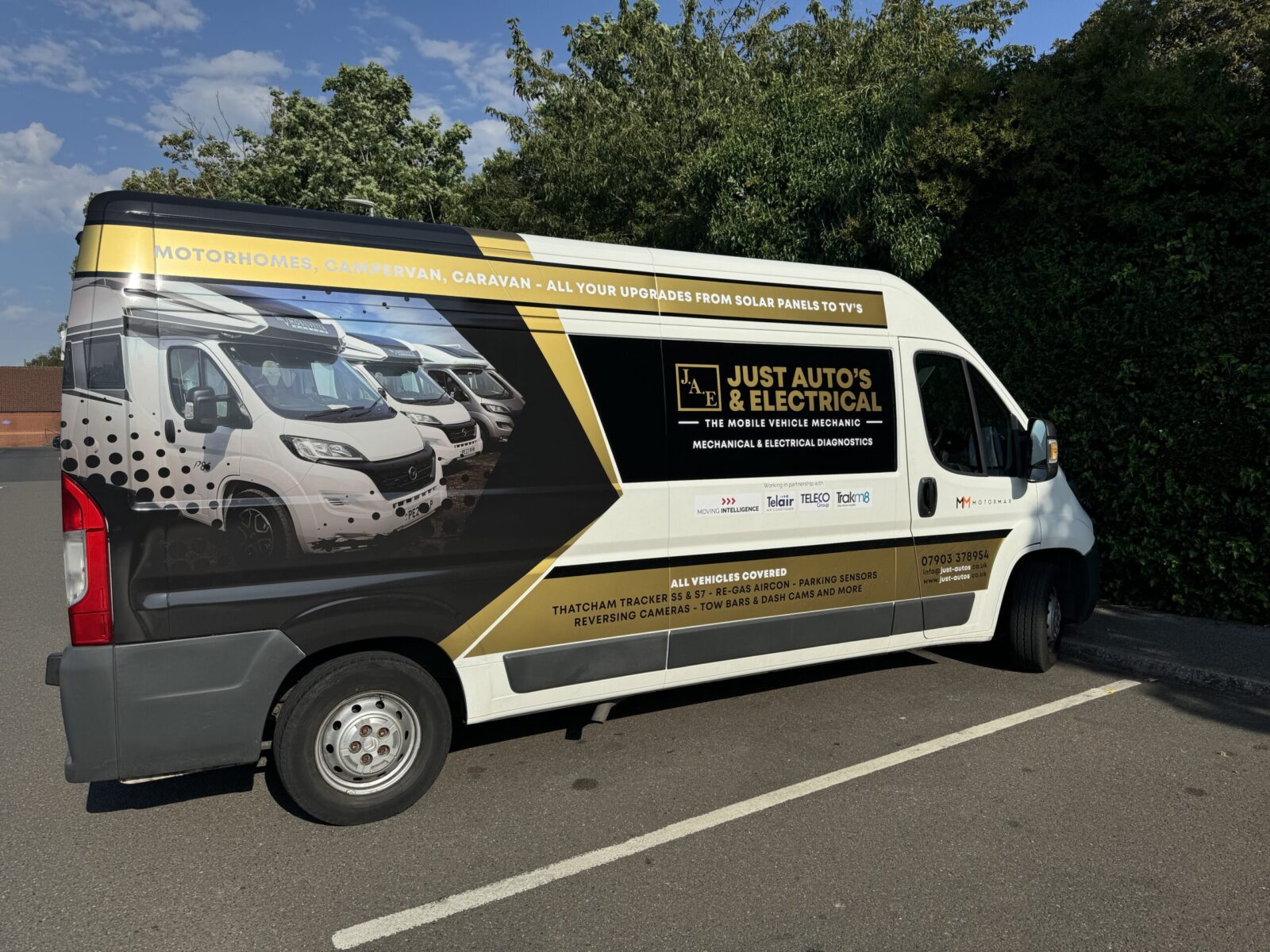Embarking on a campervan adventure can be exhilarating, but navigating the world of campervan electrics as a beginner may initially seem daunting. Whether you’re looking to power up your van for off-the-grid travels or simply want to understand the basics of campervan electrics, this guide is tailored just for you.
In this comprehensive beginner’s guide to campervan electrics, we’ll delve into key topics such as selecting the most suitable electrical system for your needs and ensuring safety in your setup. We’ll also touch upon common troubleshooting issues that may arise, empowering you to embark on your road trip confidently. So, buckle up and prepare to electrify your campervan experience like a pro!
Learn The Electronics
Understanding the basics of campervan electrics is essential for any beginner looking to embark on a vanlife adventure. Campervans are equipped with various electrical components that power appliances and lighting systems, providing comfort and convenience while on the road.
Before exploring the complexities of campervan electrics, it’s crucial to grasp the fundamental concepts. The electrical system in a campervan typically consists of a leisure battery, a power inverter, solar panels (if applicable), and various wiring connections. These components work together to supply electricity to onboard devices.
Learning about voltage, current, and power consumption is important to ensure that your electrical system can meet your needs without draining your battery quickly. Understanding basic safety measures and troubleshooting common electrical issues will also be beneficial during your travels.
Proper maintenance of your campervan’s electrical system is essential for longevity and reliability on the road. Regularly check your battery levels, ensure all connections are secure, and follow proper usage guidelines for all electronic devices.
By familiarising yourself with the basics of campervan electrics, you’ll be better prepared to enjoy a seamless and stress-free van life experience. Stay tuned for more tips on optimising your campervan’s electrical setup in our upcoming sections!
Common campervan electrical problems
When it comes to campervan electrics, beginners might encounter common issues that can be easily prevented or fixed. Let’s examine some of these problems and how to address them.
One of the most frequent electrical problems in campervans is a dead battery. This can happen if the battery is old or there are parasitic drains in the system. To prevent this, turn off all appliances when not in use and consider investing in a solar panel for charging.
Another common issue is faulty wiring. Poorly done wiring can lead to shorts or even fires in extreme cases. To avoid this issue, always ensure that any electrical work done on your campervan is carried out by a professional.
Lastly, overloaded circuits can cause problems with your campervan’s electrical system. Be mindful of how much power you draw from your circuits, and try to distribute the load evenly to prevent overloads.
By being aware of these common campervan electrical problems, beginners can take steps to avoid them and enjoy a safe and hassle-free experience on the road. Stay tuned for more tips on maintaining and optimising your campervan electrics for a smooth journey!
Understanding campervan electrics can be both exciting and daunting for beginners. In this blog post, we will delve into essential tips that every newbie camper should know to ensure a safe and enjoyable experience on the road. From basic electrical components to tips on energy efficiency, we’ve got you covered with practical advice to navigate the world of campervan electrics confidently.
Electrical accessories for your campervan
When setting up electrical accessories for your campervan, remember a few key things. One of the first considerations is the power source for your devices. Most campervans have a house battery that powers the lights and appliances inside the vehicle.
Consider installing a dual-battery setup to make the most of your campervan’s electrical system. This allows you to separate your starter and house batteries, ensuring you always have enough power to start your engine. You can also add solar panels to charge your house battery while off-grid.
Another essential accessory for your campervan is an inverter, which converts DC power from your battery into AC power for charging laptops, cameras, and other electronics. Make sure to choose an inverter with enough wattage to handle your devices.
Lastly, remember safety when working with electricity in your campervan. Install a fuse box or circuit breaker to protect against electrical overloads, and always use insulated wiring for new installations.
By following these beginner tips for campervan electrics, you can ensure a safe and comfortable electrical setup for all your adventures on the road. So get ready to hit the open road and enjoy all the comforts of home in your campervan!
Embarking on the journey of campervan living can be exciting and daunting, especially when understanding campervan electrics. In this guide, we will delve into essential beginner tips that will help you confidently and easily navigate the world of campervan electrics. From understanding basic electrical systems to ensuring safety and efficiency in your setup, we’ve got you covered.


